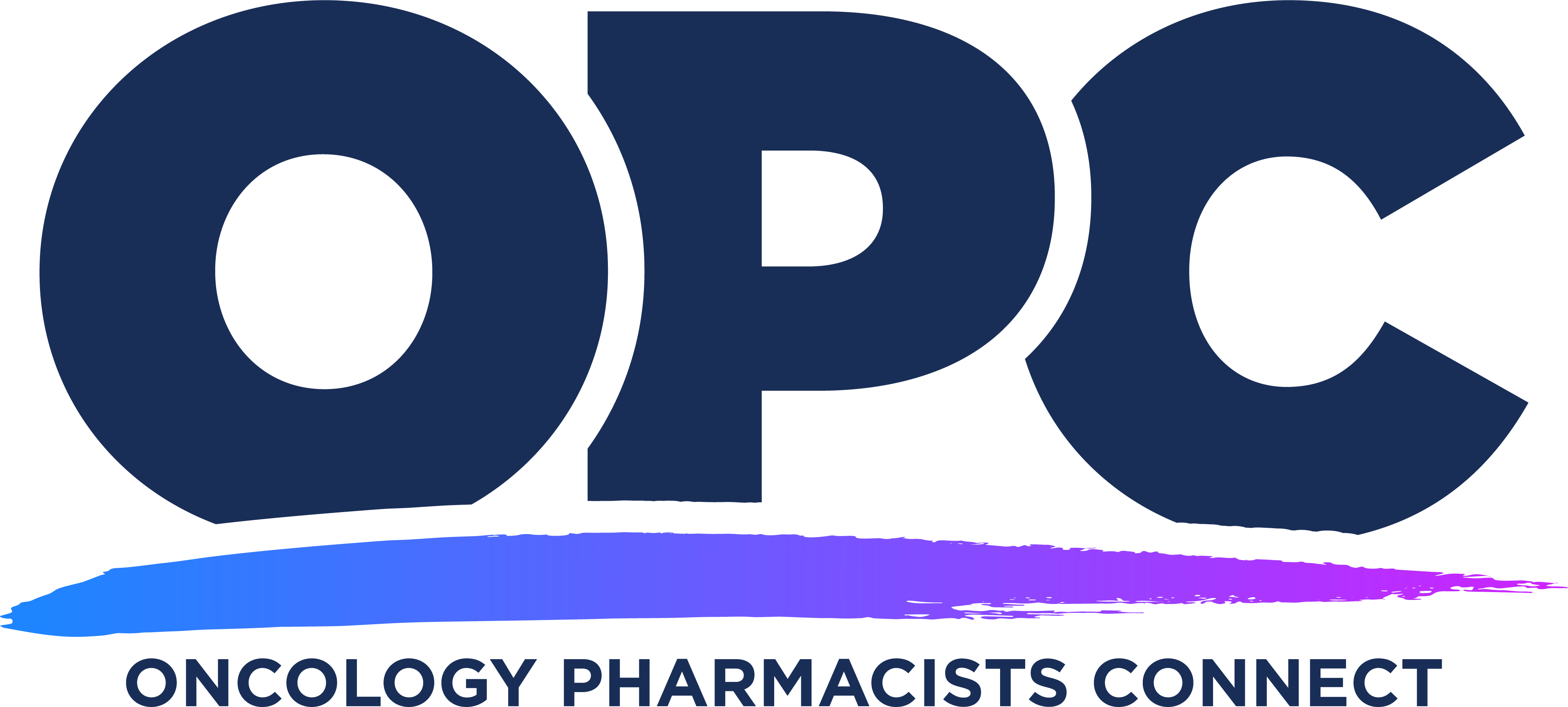
Pharmacy Practice in Focus: Oncology
- June 2025
- Volume 7
- Issue 4
Impact of a Community-Based Specialty Pharmacist in Identifying Drug Therapy Problems for New Adult Oncology Patients

Key Takeaways
- Community-based specialty pharmacists are essential in identifying DTPs in adult oncology patients starting new oral cancer treatments.
- A study of 439 patient charts found no significant difference in DTP identification between clinics with and without pharmacists on the care team.
This abstract will be presented at the Oncology Pharmacists Connect (OPC) meeting in Austin, Texas, from June 19 to 20, 2025.
The complex management of oral cancer therapies often leads to drug therapy problems (DTPs) that can significantly compromise patient safety, quality of life, and treatment efficacy.
At the
Abstract
Background
Community-based specialty pharmacists are trained to understand and appropriately address the complexities of managing oral cancer treatment to correctly identify drug therapy problems (DTPs). Inadequacies have the potential to negatively impact patient safety, quality of life, and treatment efficacy. Better patient outcomes are expected with pharmacists on the care team; however, it was unknown whether this was true in this specific patient population. The objective of this retrospective cohort study was to characterize the value of the community-based specialty pharmacist in identifying DTPs in adult oncology patients who are new to treatment when a pharmacist was and was not embedded on the patient’s clinical care team.
Materials and Methods
A total of 15 clinics were identified, including 8 with a pharmacist present on the care team and 7 without. Subjects with an oncology-related diagnosis; initiating a new oral oncology therapy between January 1, 2023, and August 31, 2023; and with available follow-up data through November 30, 2023, were included. The pharmacist who performed the initial counseling with the patient screened for correct dosing and indication, drug-drug interactions, appropriate directions for use, and any supportive medications prescribed with the primary treatment. A retrospective chart review was conducted to analyze these encounters and interventions. Baseline characteristics were assessed via regression analyses and t-tests and X2 tests evaluated continuous and binary data.
Results
A total of 439 patient charts were analyzed, and 105 DTPs were identified. DTPs were evenly distributed between the 2 groups, with 52 cases in the group without a pharmacist on the clinical care team and 53 in the group with a pharmacist (P = .646). There were no significant differences in DTPs identified between the groups, including lack of supportive care (P = .489), dose too high (P = .585), dose too low (P = .884), drug-drug interactions (P = .946), and inappropriate directions (P = .287). All prescriptions were written with an appropriate indication (100%). A total of 66 of 105 interventions were accepted by the prescriber (P = .899). At the 3-month follow-up, 153 patients had discontinued treatment (P = .294). Baseline characteristics did not significantly impact the primary outcome.
Conclusions
Community-based specialty pharmacists play a valuable role in identifying DTPs for new adult oncology patients, regardless of whether a pharmacist is embedded in the clinical care team. The results offer a compelling case for integrating community-based specialty pharmacists more broadly into patient care models.
About the OPC 2025 Meeting
At this year’s OPC meeting, attendees will have the opportunity to showcase clinical research and practice management insights or explore the latest advancements in oncology pharmacy during the poster session and networking reception. These events foster innovation, collaboration, and professional growth within the oncology pharmacy community. Participants can present their work, exchange ideas, and connect with leaders in the field during these networking opportunities.
Prior to the start of OPC on June 19, participants are invited to attend the Hematology/Oncology Pharmacy Association (HOPA) BCOP Program in person on June 18. HOPA has selected 4.0 CE hours from BCOP Updates 2024 and the Annual Conference 2025, featuring topics such as acute leukemia, cellular therapy for solid tumors, and the pharmacist’s role in serious illness conversations. Additional information is available
Articles in this issue
Newsletter
Stay informed on drug updates, treatment guidelines, and pharmacy practice trends—subscribe to Pharmacy Times for weekly clinical insights.


























